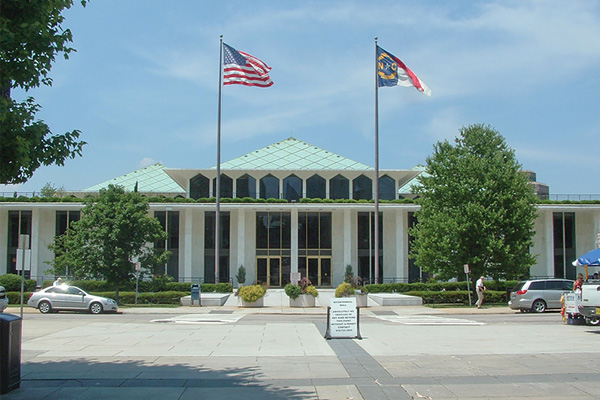The state legislative sessions in odd years are called “long sessions” because it is the session where, in normal years, a two-year budget is passed and bills on just about anything can be introduced.
The even year sessions are “short sessions” because budget adjustments are made and new bills that don’t have to do with the budget can’t be introduced.
The long session usually starts in January and is adjourned in June or July after the budget has been passed.
This legislative session adjourned as promised on Thursday, Oct. 31, which is late for a session. But what makes the 2019 session remarkable is that no budget was ever passed, or it was passed by the Republican-controlled legislature but vetoed on June 28 by Democratic Gov. Roy Cooper, and the state Senate never overrode the veto. The state House did override the veto on an already famous vote on Sept. 11, when most of the Democrats were not in the chamber.
So there is no 2019-2021 state budget.
However, President Pro Tem of the state Senate Phil Berger, in a press release on Thursday, stated, “The North Carolina General Assembly has passed funding that totals 98.5% of the original $24.0065 billion it passed in June. With nearly all state priorities fully funded, the Senate session has concluded.”
The legislature is leaving town having handed Cooper a dilemma. It passed a bill giving teachers raises of 3.9 percent. Cooper can either sign the bill and the teachers will get the raises retroactive to July 1, or he can veto the raises because he has said he doesn’t think the raises are nearly high enough.
However, if Cooper sticks to his guns and vetoes the raises for teachers and other education department personnel, then they won’t get a raise. Cooper has been adamant that teachers should get bigger raises and, in his proposed compromise budget, had teachers raises pegged at 8.5 percent.
The 98.5 percent of the budget that Berger noted had been passed was in the form of mini-budget bills, where the legislature, often with bipartisan support, passed portions of the budget separately.


Hey Gov! Can I get 8.5 percent raise? I’ve been working for literally 49 years, and I never received a 8.5 percent raise. Oh, I forgot, you didn’t earn any of the money to pay for this, it is not your money, but mine.
Gov. Veto will do what he does best…continue using the power of veto and trying to spin things while simultaneously doing nothing for North Carolinians…Man I can’t wait to vote this clown out!